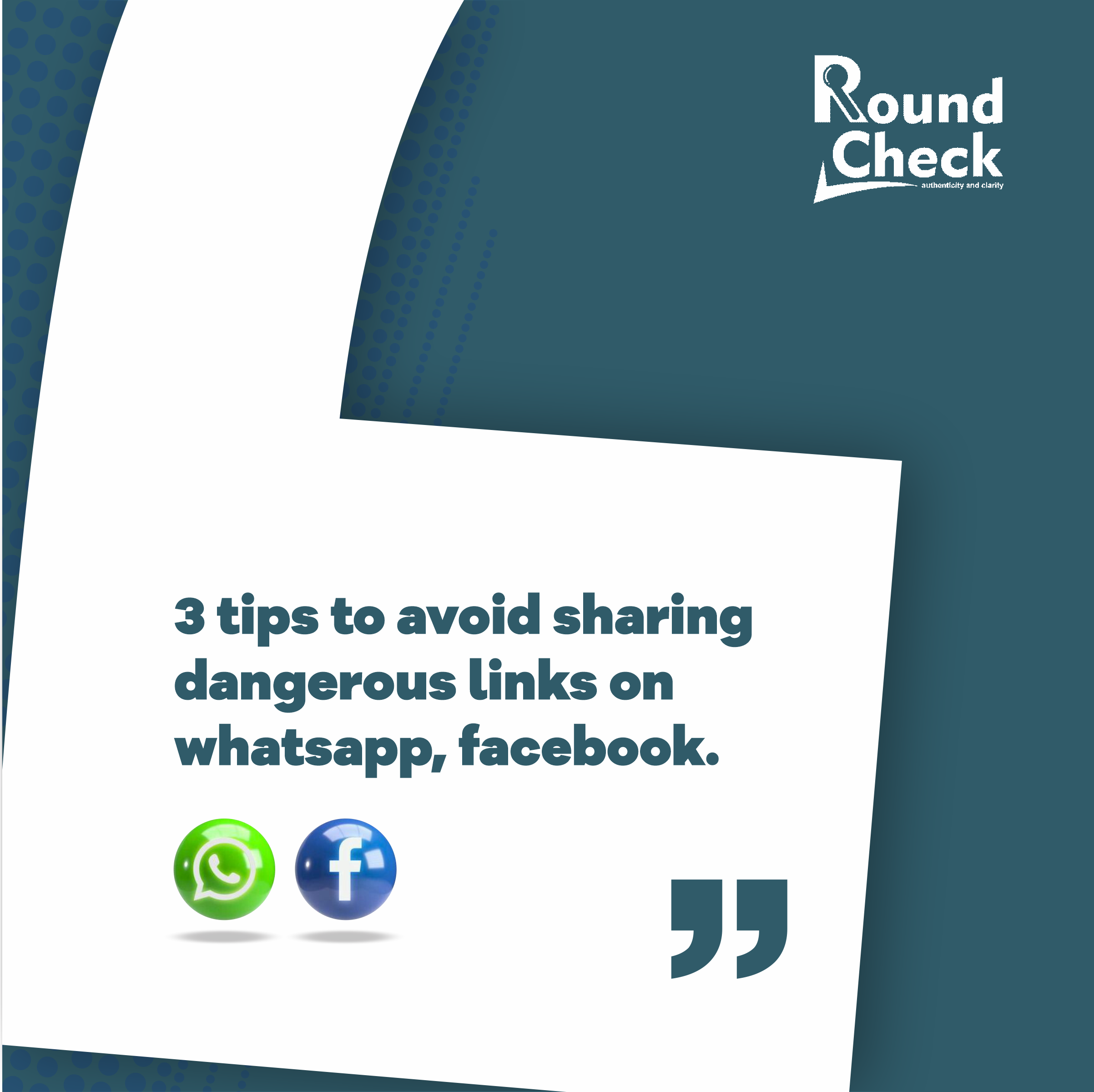|
Getting your Trinity Audio player ready...
|
Do you remember the last time a friend sent you a WhatsApp link to get N10k palliative from your state government?
But after filling in the form, you were directed to forward it to more people and groups to claim your subsidy reward. After you complied, you got nothing.
Another time, your other friends want you to benefit from free data and airtime to have a long, and fun-filled chat with them. So, they sent you a link to get 10GB of data and N5,000 from MTN or Airtel.
But after you made efforts to claim the rewards, you found out it leads nowhere — don’t blame them because they also fell victim to a phishing link which can be convincing.
A month after the provoking experience, you also received a tip-off message from an old friend that Bovas Oil and Gas Company is recruiting both skilled and unskilled labour with good salaries. The red flag in the text is in its urgent tone and grammatical errors, but you did not notice. You also forwarded the link to your others.
But in the end, you found out you have been tricked into sharing links of unrewarding trials and have just been played by viral phishing links invented to collect your data for possible hacking known as social engineering.
It can be very annoying — and dangerous— to explore such links which we call hoaxes, right? Yes, we know; we’ve observed the trend over time and people won’t just stop forwarding such malicious links to others.
These messages with spurious claims can find their way into the Direct Messages of hundreds of people and more than 50 groups within 24 hours.
How Is That Possible?
From debunking hoaxes, ROUNDCHECK have observed that to claim the bogus rewards the malicious links often promise, an applicant must share the link to at least 15 friends or 5 groups after collecting sensitive information from such unwary visitors.
Now, do the calculations and see how many people can be affected.
A report on cybercrime in Africa shows an increasing rate of data loss threats (phishing and scams/social engineering).
Kaspersky findings show that phishing attacks rose to 174%, with 1,046,136 detections in Nigeria alone.
According to a Guardian report, Kaspersky said social engineering, sometimes called “human hacking” scams, are used in many ways, and for different purposes, to lure unwary users to the site and trick them into entering personal information.
It stressed that the latter often includes financial credentials such as bank account passwords or payment card details, or login details for social media accounts. In the wrong hands, this opens doors to various malicious operations, such as money being stolen, or corporate networks being compromised.
It’s noteworthy to state that these malicious links spread mostly on Meta platforms — WhatsApp and Facebook.
So, for you and your friends to avoid sharing these dangerous links which hackers can use to defraud or harm you in the future, here are 3 tips to avoid sharing phishing links:
Be Sceptical About Online Freebies
Nothing entirely free comes from one person to another; at least not by filling in a form or forwarding a message.
So, whenever you receive a message claiming that a person or company wants to give you a handsome amount of money, a gift or a job, do thorough checks.
For money claim, identify the motive; and for job or scholarship, confirm on the website of the organisation or school.
Take Note of URL And Website Name
A url refers to an address on the web. Oftentimes, fishy links do have urls such as tiny.URL, bitly, lyupz, and more invisible http (with or without the ‘s’ and .com). Whenever you notice websites with such domain names, ignore them.
Meanwhile, hackers can clone an authentic website in such a way that everything will look OK. In this case, you can simply scan the link by doing a copy and pasting it into one of the following web link verifier tools; www.virustotal.com, www.urlvoid.com, and www.checkphish.ai.
Read in Between The Lines
Hoax has common features: typographical errors, exclamation marks, and short text. Avoid any message with these errors and move on.
In conclusion, do not hesitate to check with a fact-checker when you can’t find the sometimes evasive red flags and have doubts.









